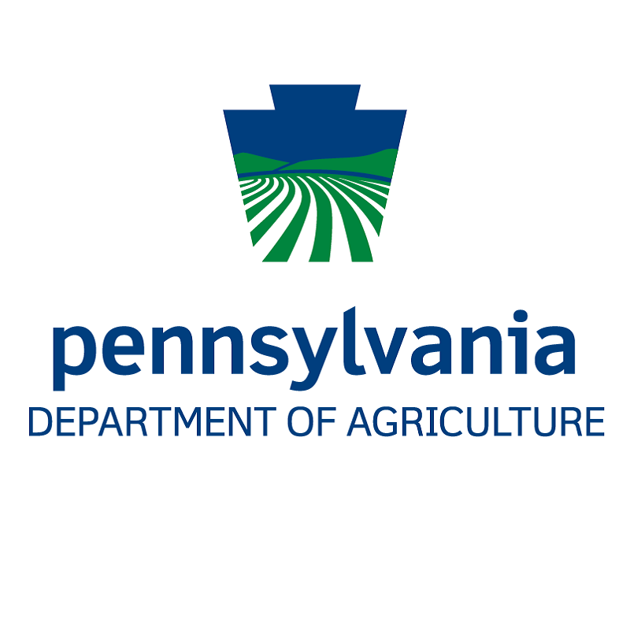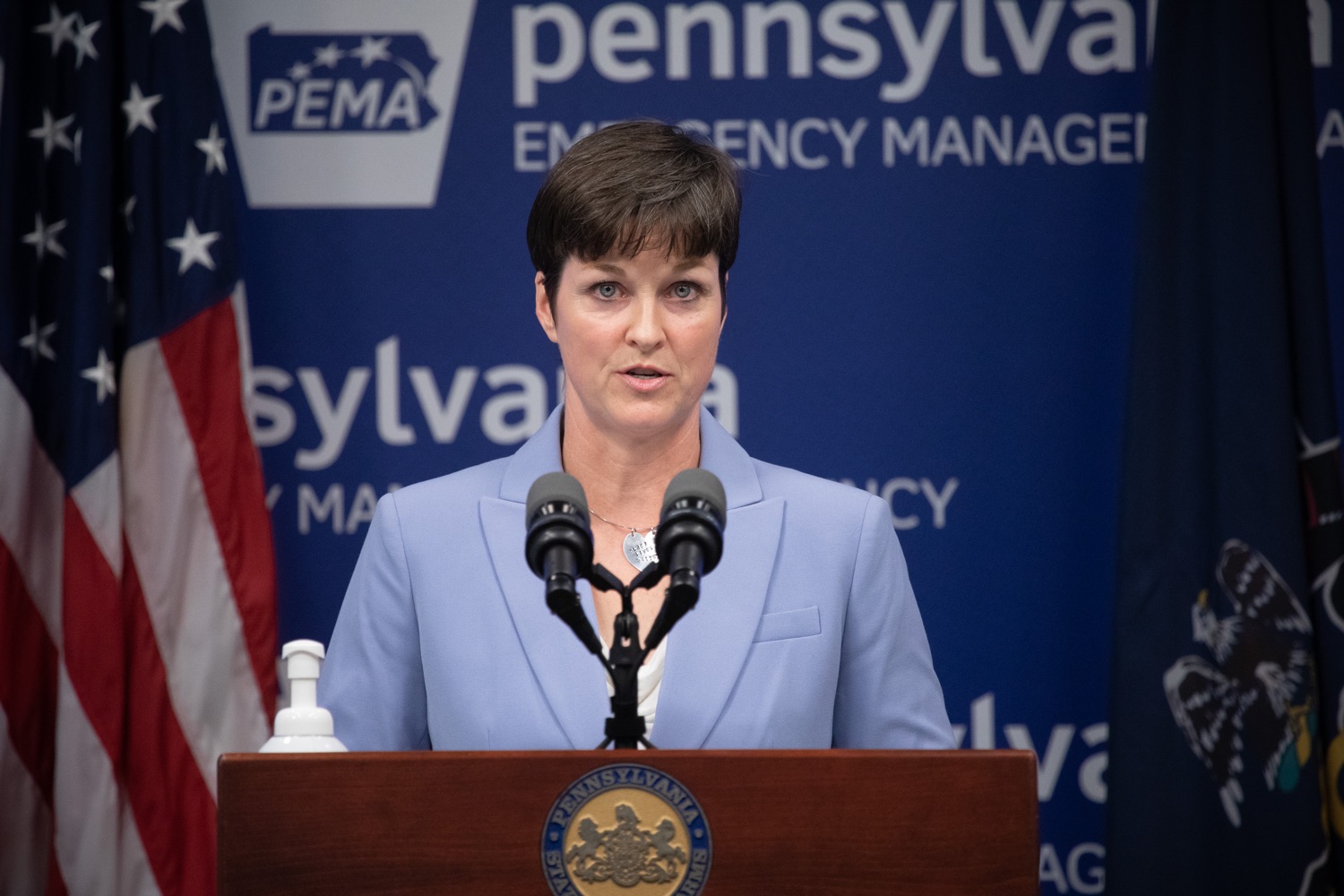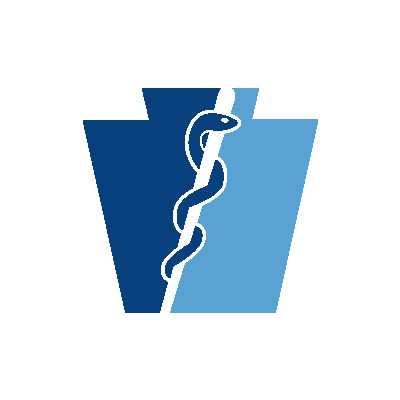Harrisburg, PA – Governor Tom Wolf today announced the investment of $181 million for 16 drinking water, wastewater and non-point source projects across 12 counties through the Pennsylvania Infrastructure Investment Authority (PENNVEST).
“As our citizens and businesses continue to adapt to an ever-changing environment due to the COVID-19 pandemic, our top priority must be ensuring secure infrastructure for community water,” said Gov. Wolf. “Access to clean drinking water is foundational to rebuilding and the growth of our communities. These projects will continue to ensure the safety and welfare of thousands of Pennsylvanians.”
The funding for these projects originates from a combination of state funds approved by voters, Growing Greener, Marcellus Legacy funds, federal grants to PENNVEST from the Environmental Protection Agency and recycled loan repayments from previous PENNVEST funding awards. Funds for these projects are disbursed after expenses for work are paid and receipts are submitted to PENNVEST for review.
“Investments in clean water infrastructure ensure that our new normal is built upon safe and secure facilities that Pennsylvania can rely on,” said Gov. Wolf. “There is no better step toward a stronger future than the commitments we’re making today for these communities.”
A list of project summaries follows:
Drinking Water Projects
Blair County
- *Altoona Water Authority – received a $7,500,000 loan to replace existing air preparation and ozone generation systems with new liquid oxygen storage and feed gas preparation systems. The project will proactively address Pennsylvania Department of Environmental Protection (DEP) ozone requirements and will increase the reliability of drinking water to service communities.
Huntingdon County
- Petersburg Borough – received a $348,585 loan and a $131,415 grant to install new flow meters, a new valve control system and vented well cap. The project will increase safe drinking water reliability and bring the system into compliance with DEP’s Chapter 109 regulations.
Lancaster County
- *City of Lancaster – received a $10,550,000 loan to install three new emergency power generators and construct 7,500 feet of water main. The project will ensure compliance with DEP’s rule of uninterrupted service and protect the service community from potential outages due to main breaks.
Montgomery County
- *Aqua America, Inc. – received a $3,970,600 loan to install two anion exchange vessels, a new well pump, and upgrade a chemical treatment system to address detected levels of perfluoroalkyl substance (PFAS). The project will address potential health hazards in the raw water supply, which are below the current Environmental Protection Agency (EPA) Health Advisory level.
Somerset County
- Indian Lake Borough – received a $1,573,245 loan to rehabilitate a well source and install a new, 200,000-gallon storage tank, ensuring adequate system capacity. The project will address iron and manganese exceedances in well sources, addressing a DEP order, and increase available water to the customer base.
- Windber Area Authority – received a $940,000 loan to rehabilitate a 511,000-gallon storage tank and install a second storage tank to increase storage capacity for the community. The project will eliminate potential health hazards by addressing secondary contaminants in well sources and improve reliability of service through increase storage.
Wastewater Projects
Allegheny County
- **Elizabeth Township – received a $17,299,863 loan to install a new pump station and conveyance system, including a new force main to convey sewage to an existing multi-municipal treatment center in McKeesport. The project addresses a DEP Consent Order initiated in 2016 and will also reduce wet weather overflows into a nearby water source.
Blair County
- **Altoona Water Authority – received a $36,615,700 loan to install a class A digester and biosolids thermal dryer, while also replacing aeration blowers and dewatering facilities. This Guaranteed Energy Savings Act (GESA) project will decrease the need to apply biosolids on nearby farm fields, capture nearly all of the gas output on fixed-cover digesters, and dramatically reduce energy bills to the authority.
Butler County
- Marion Township – received a $2,717,702 grant and a $1,389,790 loan to construct a new influent pump station and sand filter sewage treatment plant, while also making improvements to the collection system. The improvements will eliminate inadequately treated sewage discharges from the existing lagoon and address a 54 percent confirmed onlot system malfunction rate, satisfying a DEP Consent Order.
Dauphin County
- **Capital Region Water – received a $65,000,000 loan to make several improvements as part of an existing capital improvement plan, including improvements to the project clarifier and rehabilitation of the Front Street and Paxton Creek interceptors. The loan is part of PENNVEST’s programmatic financing initiative, which addresses long-term approved capital improvements. The project will reduce infiltration into the sewer system, address collection and conveyance issues that cause wet weather backups, and address a federal consent decree.
Montour County
- Washingtonville Municipal Authority – received a $2,774,376 grant and a $1,291,624 loan to construct a new wastewater treatment facility, including new process tanks, sludge storage, and effluent disinfection. The project will provide for efficient preventive maintenance by replacing an outdated treatment plant that is nearing the end of useful life.
Venango County
- **General Authority of the City of Franklin – received a $4,347,750 loan to construct approximately 13,000 feet of sanitary sewer pipe and rehabilitate approximately 4,500 feet of existing pipe. The project will eliminate untreated sewage overflows and backups during wet weather, while also satisfying a DEP Corrective Action Plan.
Washington County
- **Clairton Municipal Authority – received a $23,000,000 loan to install four membrane bioreactor basins, two effluent storage tanks, clarifiers, and contact tanks. The project will address the system’s Long Term Control Plan, reducing Combined Sewer Overflow (CSO) bypasses, and reduce wet weather overflows into receiving streams.
Wayne County
- LT Realty, Inc. – received a $478,665 loan to replace the existing, malfunctioning sand mound onlot septic system with a new packaged wastewater treatment plant. The project will address needs of critical populations at a senior living facility and eliminate discharges of untreated sewage into a tributary of Dyberry Creek.
Non-Point Source Projects
Lancaster County
- **Lancaster County Conservation District – received a $402,880 grant to install an efficient manure storage and transfer system at the Levi Fisher farm, including stream crossings and a riparian buffer. The project will reduce nutrient run-off into the Pequea Creek, which is limited by a Total Maximum Daily Load (TMDL).
- **Warwick Township – received a $556,730 grant to install an efficient manure removal and transfer system at the Jeff Balmer farm. The project will eliminate 1,914 pounds of sediment, 8,887 pounds of nitrogen, and 3,852 pounds of phosphorus annually, drastically improving the Hammer Creek, a tributary to the Cocalico Creek and Chesapeake Bay.
* denotes projects that are funded with Drinking Water State Revolving Funds
** denotes projects that are funded with Clean Water State Revolving Funds








